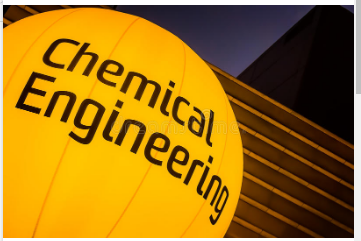A blog on Chemical Engineering in the Energy Sector: From Fossil Fuels to Renewable Sources

A blog on Chemical Engineering in the Energy Sector: From Fossil Fuels to Renewable Sources Introduction: The field of chemical engineering has long played a vital role in the energy sector, facilitating the extraction, production, and utilization of various energy sources. As the world seeks to transition from fossil fuels to renewable sources, chemical engineers are at the forefront of developing innovative technologies and processes to enable this transition. This blog explores the significant contributions of chemical engineering in shaping the energy landscape, from traditional fossil fuels to sustainable and renewable alternatives. Fossil Fuels: Maximizing Efficiency and Reducing Environmental Impact Fossil fuels have been the dominant source of energy for decades, but their detrimental environmental impact is undeniable. Chemical engineers have been instrumental in improving the efficiency of fossil fuel extraction, refining, and combustion processes. They develop advanced techn...














